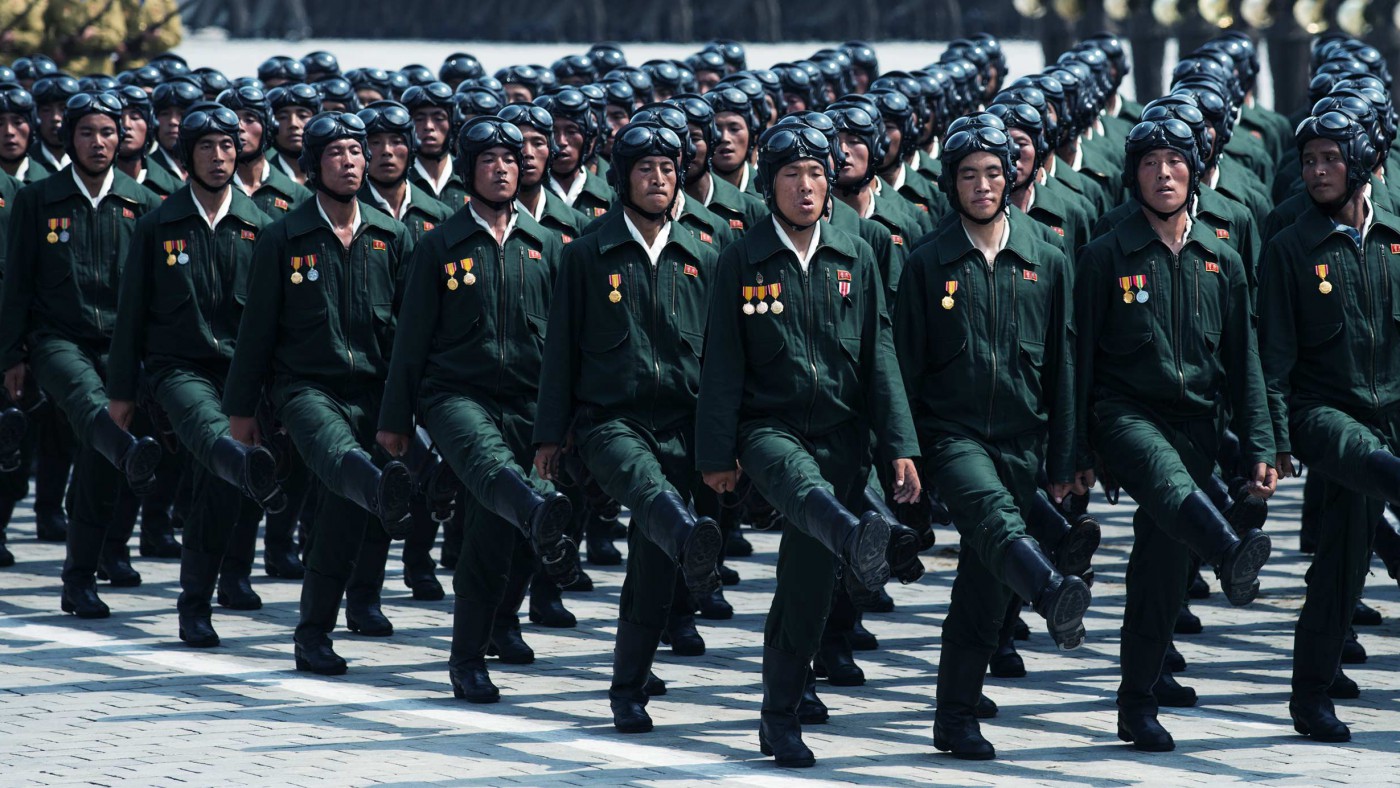“Over there, coffee will feel like a currency.”
This is what Suki Kim is told as she prepares to leave her home in New York and live undercover, teaching at a Christian university in North Korea. In Without You, There Is No Us: My secret life teaching the sons of North Korea’s elite, Kim recounts the six months she spent in the most repressive country in the world.
As a South Korean herself, with parents whose families were torn apart in the separation, Kim’s journey through North Korea is far from objective. She peppers the factual account of her daily life as teacher at the Pyongyang University of Science and Technology with memories of growing up in Seoul, narratives of the trauma her mother suffered in the Korean War, and historical details about North Korea’s relations with the rest of the world. This is not a guide to life for the average North Korean – Kim makes it clear that she is surrounded by only the most privileged of citizens. Instead, it is a heartfelt and bitterly poignant memoir.
The realities of existence in this isolated economy become instantly apparent. Constant shortages of electricity mean lessons are disrupted and the university building is unheated. The Western teachers are tracked constantly by ‘minders’, who monitor their communications and accompany them on all visits outside the school. Basic commodities like noodles are scarce, and simple comforts like chocolate are impossible to buy. Kim quickly learns to cherish her supplies: “In my dormitory at PUST, my Breakfast Blend coffee from Trader Joe’s felt like a true luxury, the mark of capitalism, a reminder of the outside world.” The simple act of buying instant ramen becomes an epic personal victory.
But one of the most surprising themes of this book isn’t the lack of capitalism, but the subverted form of it which slowly becomes evident. Black markets, it transpires, exist for everything. The teachers, who are all volunteers, are required to pay extra for their visas (including significant bribes), for the fuel if they go out, for food for their minders, for tickets to events they must attend. The minders routinely attempt to blackmail them, and, in one of the book’s saddest episodes, the teachers are asked to ‘donate’ money to the school so their students can continue to be fed. Meanwhile, foreign goods are traded on the black market and have become status symbols: “They would swear that the United States was their number one enemy, and yet carrying a pack of Marlboro Lights seemed to be a sign of privilege and class.”
The love-hate relationship North Koreans have with the outside world is shown most intensely through Kim’s interactions with her students. In one episode, she tries to explain that Americans have hundreds of television channels, which they refuse to believe. In another, they perform a short skit about an American offering to sell his blood so his friend can receive medical care, and Kim struggles to make them understand why this is inaccurate. While they will repeatedly recite to her that the US is evil, they are fascinated by everything Western, to the extent that, when one class gets to watch a Harry Potter film, the entire school crowds by the classroom window to watch through the glass.
What begins as a mission to teach these isolated boys what exists beyond their borders slowly morphs into something much sadder. Kim comes to realise that, if she succeeds in introducing them to concepts such as democracy, freedom and choice, she will be endangering them, making them aware of how trapped they really are. She grows so used to the constant surveillance, to monitoring her thoughts as well as her words, and to letting the rules of the school dictate her life. By the time she notes that “the DPRK purposely infantilized its citizens, making everyone helpless and powerless so that they depended on the state”, it is clear that she too is resigning herself to the inevitability of their world.
Without You, There is Not Us is not a comprehensive overview of what the inside of North Korea looks like (for that, I would recommend Barbara Demick’s articles and excellent book recording interviews with North Korean Defectors, Nothing To Envy). Instead, Kim is trying to get into the minds of the DPRK’s elite. The language is straightforward, and the ‘story’ is basic – the greatest plot twist is that the Great Leader Kim Jong-Il dies and is succeeded by his son. But every so often the reader is reminded that this dystopian existence is not fiction, and that these boys are not characters but real people, some of whom will one day be controlling the country. All in all, this book is an unsettling insight into how it might feel to live in a world with no personal freedom.
Without You, There Is No Us: My secret life teaching the sons of North Korea’s elite. Suki Kim, Rider Books, RPP £8.99.


